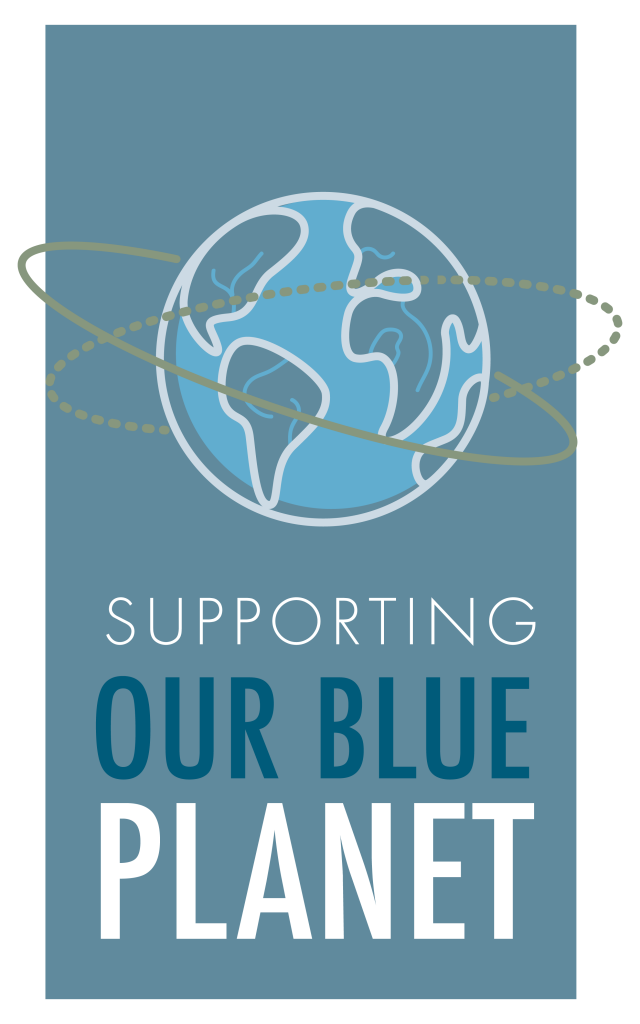You’re unlikely to notice them when you wander the beach: tiny plastic pellets. Sadly, they regularly wash ashore on North Sea beaches. In fact, once you start paying attention, you’ll find that these pellets or so-called ‘nurdles’ are pretty common in certain areas.
These tiny plastic pellets are used as resources in the plastics industry: they’re used to produce almost all plastic products, from water bottles to garden chairs. To make a single, disposable plastic water bottle, for example, you need about 600 to 1200 of these plastic pellets. Leaks may occur in any part of the process, from the production of the pellets to the transport and final processing. As a result, the pellets will wash ashore. You’ll primarily find them at the tide mark.
This plastic pollution is incredibly problematic. Plastic simply does not belong in the sea or on the beach. On top of that, it can be deadly to the animals that live in the North Sea. That’s because fish, marine birds and other animals may mistake the pellets for food.
The pellets are very small, which makes them difficult to clean up. During the Boskalis Beach Cleanup Tour organised by Stichting De Noordzee (The North Sea Foundation), we always do our utmost to clean these plastic pellets up. However, it is even more important to tackle this issue at the source. That’s why the plastics industry should take responsibility for its pollution and take measures to prevent leaks. That way, we can prevent this plastic waste from ending up in the North Sea.

